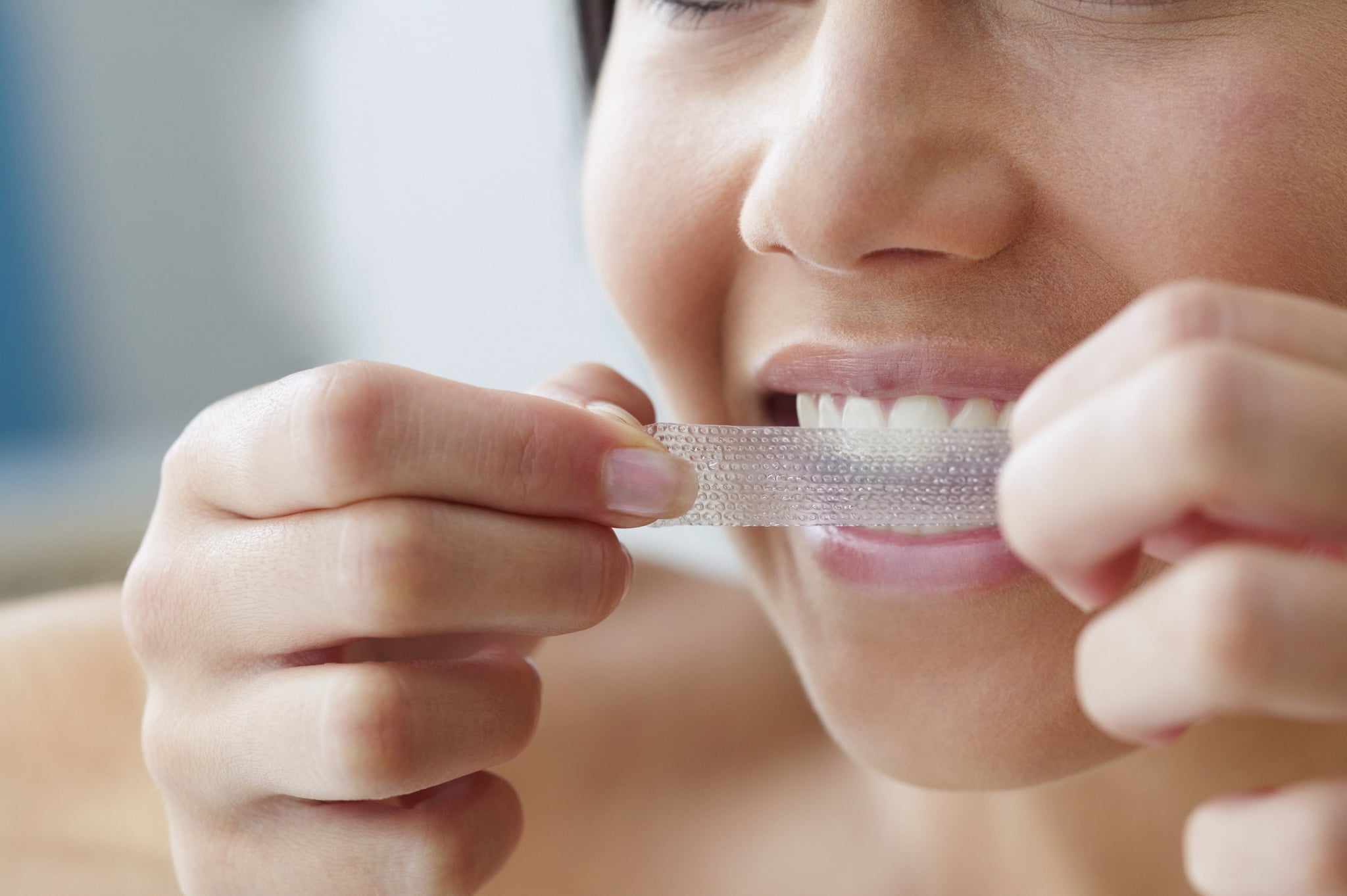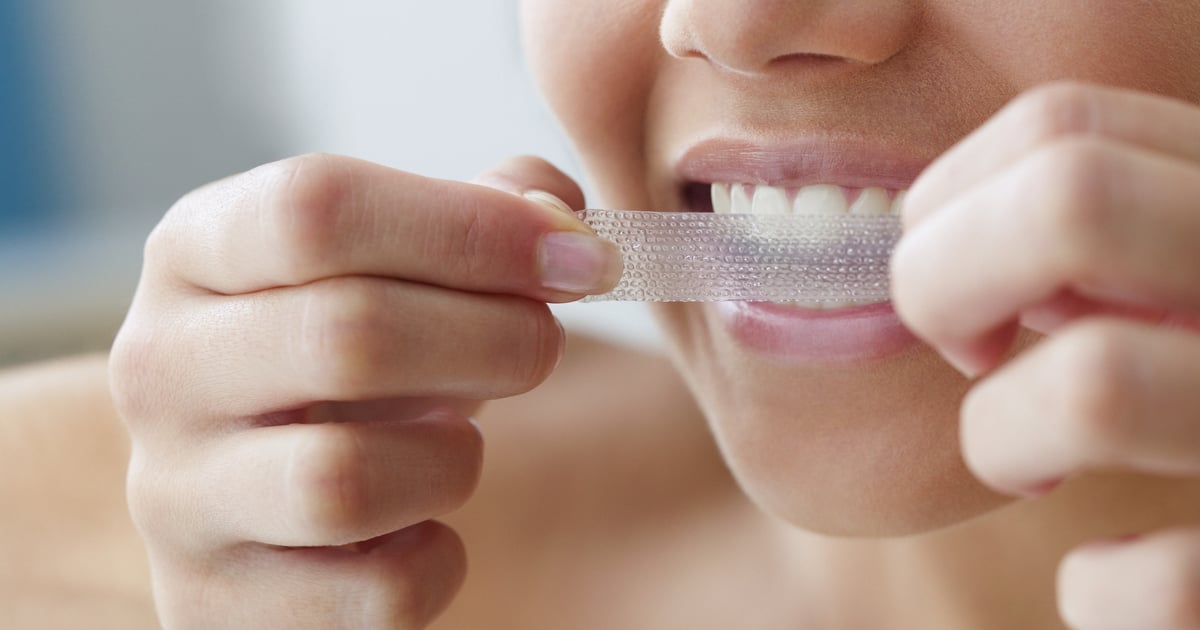
My love of coffee has me in this weird cycle: it stains my teeth, but I’ve heard that teeth whiteners cause sensitivity, which could then get in the way of me enjoying my beloved hot cup of Joe.
Frankly, I’ll prioritize coffee over a sparkling smile any day, but I’m pretty determined to have both. And Dr. Munazzah Hussain, DDS, a dentist with Blue Turtle Dental, confirms it can be done.
According to Dr. Hussain, many teeth whitening products can trigger sensitivity because they tend to strip the enamel of natural, healthy minerals, causing the teeth to become temporarily porus. When porus, microtubules within the teeth become exposed.
“These tubules, called dentinal tubules, are microscopic channels that lead from the surface of the teeth to the center of the teeth, where the dental nerves are housed. When dentinal tubules are exposed, dental sensitivity will increase.”
Luckily, the minerals removed by a bleaching solution generally replenish within a few days of whitening — once those minerals are restored, tooth sensitivity typically resolves, she adds.
Whitening products don’t always cause sensitivity, though — Dr. Hussain says it depends on the peroxide’s strength in the whitening formula.
“Self-administered kits are typically only 10-18 percent [peroxide] while professional office kits are 30-40 percent. The stronger it is, the faster the results, but the more likelihood of sensitivity.”
That’s why Dr. Hussain finds most take-home kits, like whitening strips, to be effective and less irritating (unless they include charcoal!) — but the only way to truly know what’s best for you is to talk to your dentist.
As mentioned, DIY charcoal whitening products are a different story. Dr. Hussain says that if overused, charcoal can be abrasive enough to wear down surface enamel, which can not be replaced.
So, once you find the perfect whitening treatment for your teeth, don’t be alarmed if that first sip of coffee feels extra hot — as long as your dentist gave you the OK, it’s probably just temporary. But if that sensation continues, we recommend you follow-up with your preferred oral healthcare professional.
Click here for more health and wellness stories, tips, and news.
